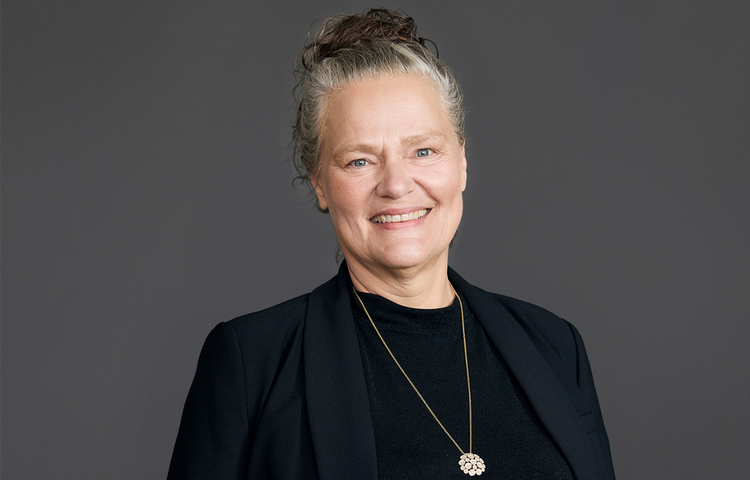HSBC investors demand renewed climate commitment after ‘deeply concerning signals’
"If the bank fails to do so it should not expect shareholders to remain silent."

A group of 30 HSBC shareholders managing €1.4 trillion in assets are calling on the bank to renew its commitment to the net zero transition at today’s AGM, vowing not to remain silent in the face of “deeply concerning signals”.
After years displaying strong climate leadership (including by stopping the direct financing of new oil and gas projects in 2022), HSBC’s recent actions suggest that it is backtracking on its climate commitments.







